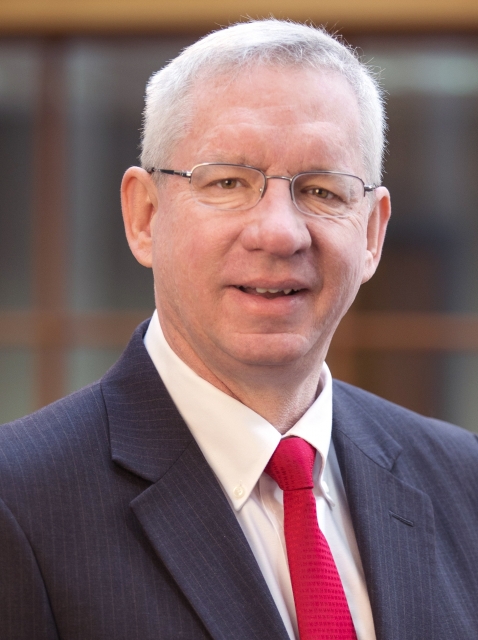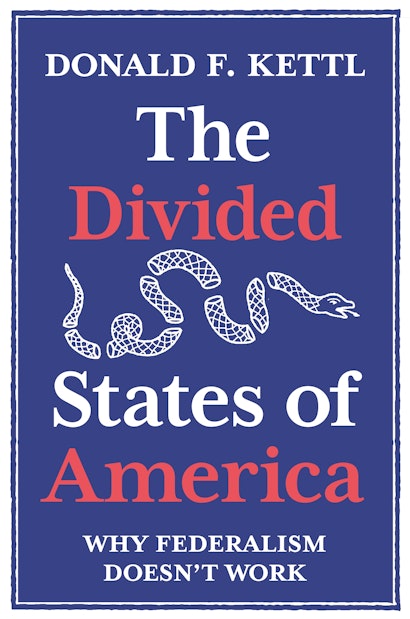Orlando might be America’s tourist epicenter, and it’s working mightily to reopen. But it’s one thing to open the doors. It’s quite another to convince people to travel and walk through.
The virus is a massive public health crisis, but recovering from it will take one part public health strategy—and one part public trust in the government’s leadership to guide our way through. And it’s there that our biggest crisis lies.
The Edelman Trust Barometer, which looked at trust in government across 11 of the world’s largest countries, found that trust in America’s government was second lowest, ahead of Japan but lower than France, the U.K., Germany, Canada—and even Saudi Arabia and China.
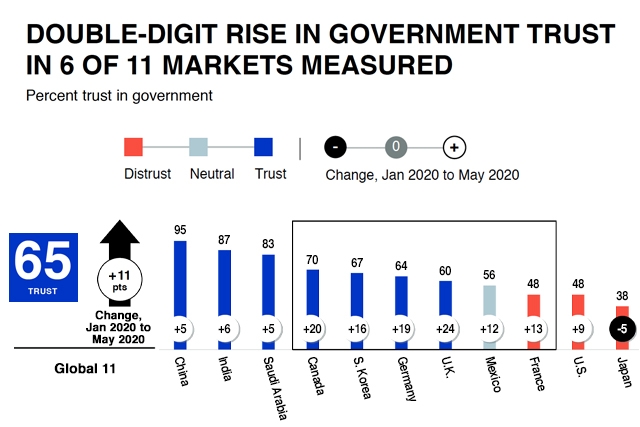
And, to make things worse, the gap between trust in the federal government versus local government is larger in the U.S. than in any of the other countries surveyed—by a lot. The average for the 11 countries surveyed was 5 points. In the U.S. the trust gap was four times larger—20 points. Americans trust their state and local governments much more than the federal government, but still less than most other governments.
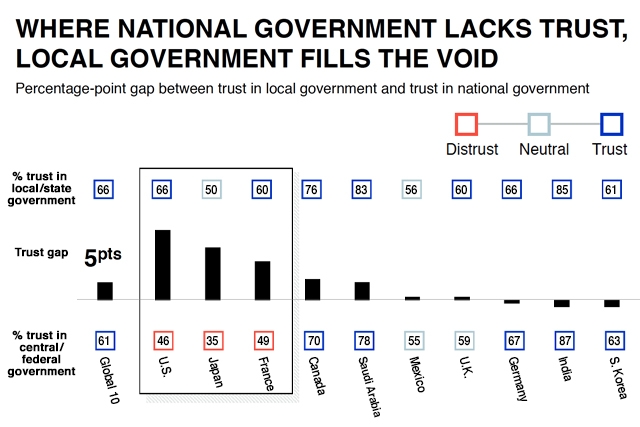
We rightly celebrate the remarkable lasting power of American democracy. Madison, Jefferson, Hamilton, Washington, and the other founders really got so much right back in 1787. As we struggle to deal with COVID-19, however, it’s hard not to conclude that we haven’t been very faithful to their legacy. There’s a nagging sense that we’ve got just the wrong kind of government for the problem of this—or any—century.
Trust in our government is low. We invented modern federalism, with a special division of power between the federal government and the state and local governments. But we’ve driven a sharp wedge between Washington and state capitals, with incessant carping about who’s in charge—and with fierce competition between the states for scarce testing supplies and personal protective equipment that’s only driven up the price and put more Americans at risk.
After having squandered the opening innings of the game with these battles, we’re going into the middle innings with new squabbles between state capitols and city halls around the country. Wisconsin’s efforts to steer through reopening the economy got blown up by the state supreme court’s decision to throw open the doors, and Badger Staters responded by flooding into bars and taverns. In Texas, Attorney General Ken Paxton declared war on rules in Dallas, San Antonio, and Austin about wearing masks and reopening churches. That followed President Trump’s call on Dallas voters to boot Judge Eric Moyé for jailing a hair salon owner who opened her business in violation of local stay-at-home orders.
Madison’s truly essential invention was the plan to balance power between the federal government and the states. Without it, in fact, there simply wouldn’t have been anything like a united collection of states in America, and we might well have all ended up speaking French or Spanish or saluting the Union Jack. The balance has always been perilous and, at one point, ended up in civil war.
But we’re at the point now where these tensions have boiled over. They’ve not only eroded trust in our government, compared with any other major nation in the world. These tensions are also costing lives. Consider the death rate in the United States, compared with the world’s other leading governments with federal structures. It’s higher in the U.S. than anywhere. By a lot.
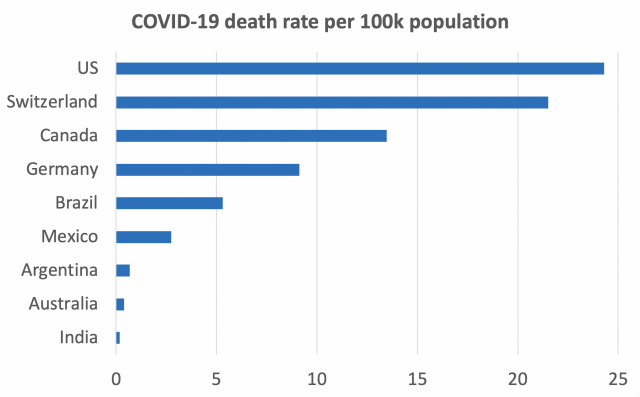
So as we near the country’s 244th birthday, we can toast Uncle Sam and celebrate our founders. But we have to ask whether we can look them in the eye and tell them that we’re true to the legacy they took such risks to establish. It’s hard to escape the conclusion we’ve got precisely the wrong government at the very time we need government most.
What can we do? We can continue to careen down the road, bouncing among battles between the federal and the state and local governments. But that’s only going to put more of us at risk, especially because the genius of the founders might have created the country but they didn’t give it any guard rails. We now have a divided states of America, and it’s doing us great harm.
Or we can stop and think carefully—but quickly—about just what each level of government needs to do in this crisis to make us safer. We’ve surely celebrated the remarkable leadership of first responders, in local hospitals and clinics. We know that the governors have lead authority to make the tough decisions about when to lock down their states and how to reopen them.
But we haven’t figured out the answer to the big question that Alexander Hamilton focused most on: putting the federal government in charge of things that truly need to be national, and ensuring that the federal government can prevent competition among the states from pulling us apart and dragging us down.
The founders would have recognized our struggles with this crisis. Jefferson would have celebrated the local health systems working so hard on the front lines. There’s even a hospital in his home town, named after his wife Martha. Madison would point to the importance of sorting out who’s in charge of what across the complicated boundaries he helped create. And Franklin certainly would have wanted to have a long conversation over ale with Anthony Fauci.
But Washington would be enormously saddened by our failure to “properly estimate the immense value of your national Union to your collective and individual happiness.” He warned in his farewell address about “every attempt to alienate any portion of our country from the rest, or to enfeeble the sacred ties which now link together the various parts.”
What we’re doing now isn’t what any of them had in mind. But it’s not too late to follow their counsel.
Donald F. Kettl is a professor of public affairs at the University of Texas at Austin, and the author of The Divided States of America (Princeton University Press, 2020).
